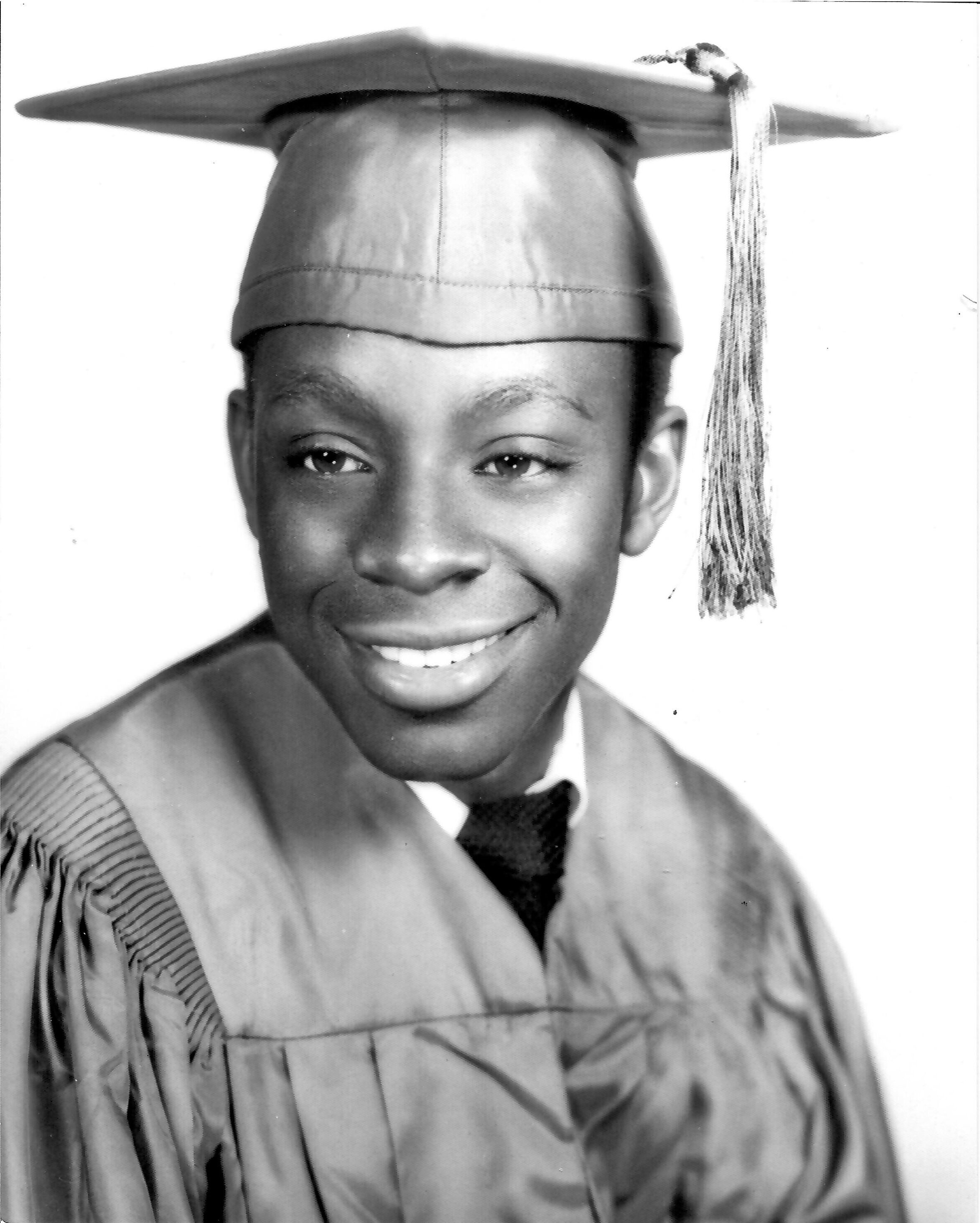Diligence, Activism, and Advocacy: An Oral History Interview with Mr. James Rochester by Paris Young & Katy Shenk



Mr. James Rochester worked with his father as a waterman on the Chesapeake Bay doing “just about everything that everybody did in Rock Hall from the age of nine years old.” He spent his mornings and afternoons catching crabs and oysters, before and after school, while also tending to his great-grandfather’s garden and assisting his grandfather in his carpentry work on summer vacations.
Aside from working the water, Black men from Rock Hall, like elsewhere in Kent County, found work by “going up the line”—driving up Route 301 from Maryland into Delaware to work for the Laborers Local Union No. 199 in Delaware City. “Maryland men built 199,” Mr. Rochester proudly explained. Most of those men have since retired. Many others have passed away.
In the summer of 1954, when Mr. Rochester was just 16 years old, Local 199 was seeking men to help build the Delaware City refinery. Too young to work legitimately, Mr. Rochester had to borrow a few documents from friends and family in order to qualify for the union.
When he returned from military service, three years after graduating high school, Mr. Rochester sought out Local 199 again. The Business Manager remembered him from his time working there and hired him in the fire department, one of the most sought-after jobs. His last position at Local 199 was in the office as a Business Manager. He now serves the union as the President of the Retirees’ Council.
In the early 1960’s, Mr. Rochester brought his union experience back to Maryland, where he travelled with other Black workers at Campbell Soup Company to join the Civil Rights protests in Cambridge, MD. He and eight to ten other men from Campbell Soup went to Cambridge in 1963 to protest economic inequality. When the National Guard arrived to quell the protest, Mr. Rochester and his fellow union members marched through the streets and stood their ground.
I was first involved in Civil Rights in Chestertown. We protested in Chestertown. And then during the same time, we were organizing Campbell Soup, and going to Cambridge, demonstrating all at the same time, different nights a week or different days.
Well it was—we were just trying to organize Campbell Soup, and we were just trying to [tell] the president that we didn’t figure we were being treated right. So we went to Cambridge and we demonstrated out of Cambridge, and we would bring that same protest back to Chestertown, to Campbell Soup. And we would go around to people’s houses and sit and talk to them, and let them know that we weren’t being treated right as blacks. And Campbell Soup—we organized Campbell Soup with the prospect of raising pay and benefits and stuff. Because Campbell Soup, they didn’t do the people right when they first came to Chestertown, they’d only give them a penny raise the first year. So, we [thought there should] be a union coming into Chestertown. We organized Campbell Soup.
Mr. Rochester rose steadily through the ranks of Local 199. During his fifteen years at the fire department, he served on the council board, became a foreman, and was asked to run for Business Manager even though other men had longer union tenures. Still, he ran unopposed for three consecutive terms.
As Business Manager, he took it upon himself to mentor younger workers. In our interview, he described how it brings him joy to make a positive impact on the lives of younger men.
I sort of pat myself on the back, because I dealt with youth for a long while, and I seem to have a thing for youth. When I took over at the union as Business Manager, I was sending guys out on jobs. They would always come back because they had drug tests or something. And I used to have them [come] in the office, sit them down and talk to them, and explain to them that—what life was all about. What they had to do to be successful in life.
I was successful. Because when I left the job, when I retired, I was sending less guys—less guys were coming back from work that couldn’t pass the tests and stuff. And today I see them in town, or somewhere, and they thank me for the advice.
Even in retirement, Mr. Rochester continues to mentor young men, listen to their perspective on life, and share his own advice. He’s concerned that less young men are seeking out work, and although he acknowledged that there are fewer job opportunities, he hopes he can motivate them to “go up the line” and follow in his footsteps.
The fact that young men have to “go up the line” to seek employment showcases the lack of resources that people have in Kent County. Mr. Rochester voiced these concerns to local politicians and former Vice President Joe Biden—specifically the issues around the disenfranchisement of formerly incarcerated folks. Needless to say, whether it was on the picket line organizing, being a mentor to young men, or talking to politicians, Mr. Rochester dedicated his life to advocating for the betterment of young Black people.
Reflecting on the recent uprisings that are happening across the United States, Mr. Rochester finds that many things have not changed since the 1960’s. He sees racism embedded in the attitudes of older members of the Rock Hall community and segregation that exists “undercover.”
He also sees continuity between the local protests during the Civil Rights era and recent Black Lives Matter demonstrations. In both, he has observed a lot of anger and unrest, as well as the excessive use of force by law enforcement agents. Speaking about the younger generation, he said, “I admire the young people now, black and white, the way they get out and speak their voice; demand that they be treated as humans.”
Mr. Rochester is an example of a lifetime activist who found ways to advocate through his work, personal life, and civic demonstrations, investing in a better future for the next generation.
